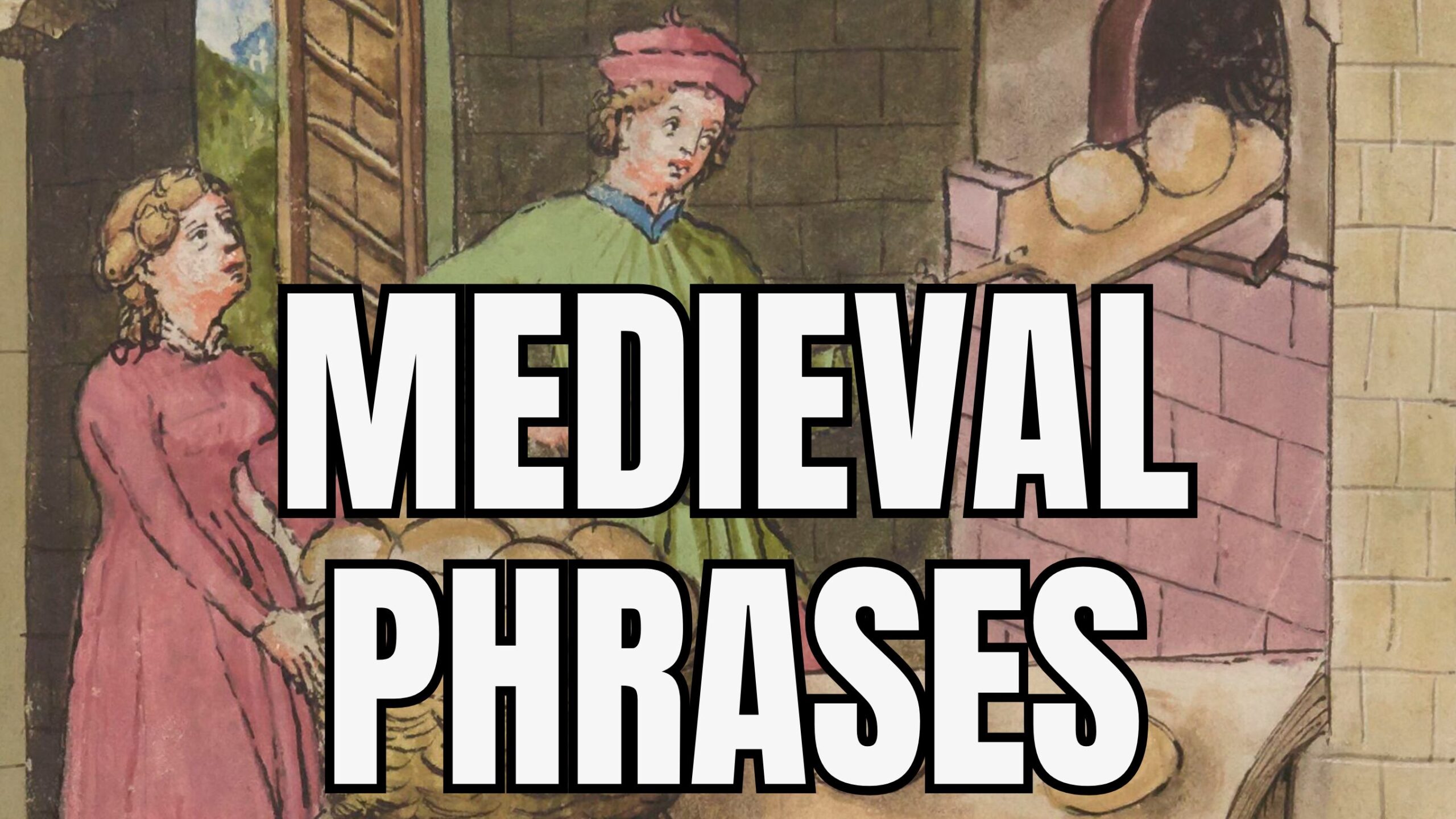
"Many of the phrases we casually toss around today have surprisingly long histories, with roots that stretch back to the medieval world. From English law to Chaucer's poetry, from French allegories to Irish chronicles, these expressions reveal just how much of our everyday language was shaped by the Middle Ages. Here are 20 phrases that originated in the Middle Ages - and are still alive and well today."
"In early medieval England the pupil of the eye was known as the apple (Old English æppel) since it was thought to be an apple-shaped solid. Since the delicate pupil of the eye is essential for vision, it is a part that is cherished and to be protected. Thus apple of the eye was used as a figure for a much-loved person or thing. Even King Alfred the Great used this phrase."
Many everyday English expressions trace back to medieval Europe, drawing from legal codes, literary works, and cultural practices. The phrase apple of one's eye originated in early medieval England where the pupil was called the apple and signified something cherished. Baker's dozen emerged from the Assize of Bread and Ale of 1262 to prevent bakers selling underweight loaves by adding a thirteenth piece. To curry favour derives from Middle English curry favel and a 14th-century French romance where characters groom a chestnut horse representing hypocrisy. Devil's advocate comes from the Latin advocatus diaboli as an official role in the Roman Catholic Church.
Read at Medievalists.net
Unable to calculate read time
Collection
[
|
...
]